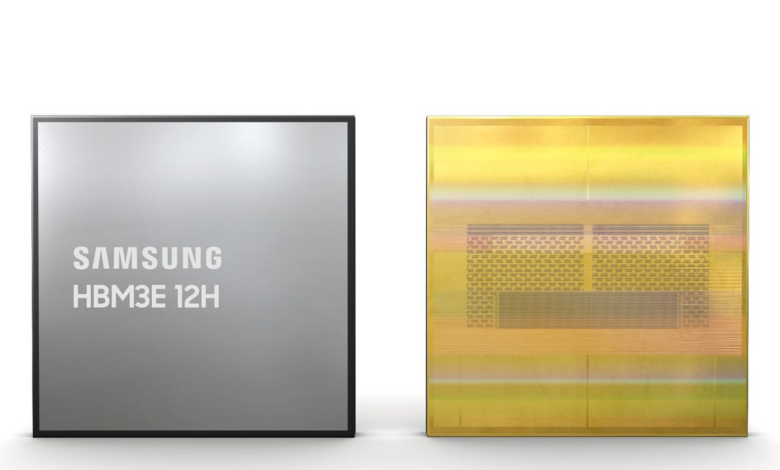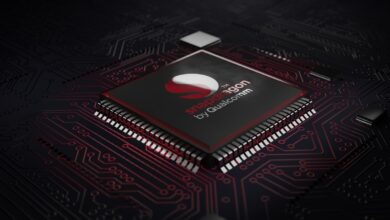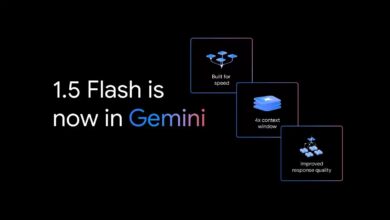Samsung denies having failed Nvidia’s tests of the HBM chip


Samsung on Friday denied a report that its high-bandwidth memory (HBM) chips failed Nvidia’s tests due to heat and power consumption issues.
The Korean tech giant has responded One Reuters report earlier in the day, citing unnamed sources, alleged that Samsung had not received approval in the latest testing results in April for the US GPU giant’s HBM3E chip for use with the processor Their AI. The report says the South Korean tech giant has been testing HBM3 and HBM3E with Nvidia since last year.
Also: Samsung replaces chip boss amid concerns about leadership position
Samsung, which did not name Nvidia, said in a statement that its tests with various global partners to deliver HBM are “proceeding smoothly.” Samsung added that the company is “conducting various tests to strictly verify the quality and performance of the HBM chip.”
HBM3E is the latest generation of HBM, a chip that stacks multiple DRAM dies vertically to reduce space and power consumption while providing high bandwidth allowing them to process large amounts of data. Because of this, they are considered a must-have with AI processors like the H100, B100, and H200 launched by Nvidia. They are dual data rate (DDR) DRAM for CPUs in PCs and low power dual data rate (LPDDR) DRAM for application processors in smartphones for AI processing.
Also: Samsung’s chip division wants to regain the top spot: What’s going on?
ReutersSamsung’s report comes at a sensitive time for Samsung, the world’s largest memory maker, as it is lagging behind domestic rival SK Hynix in providing HBM to the current market due to Nvidia dominates.
Any months-long customer-run quality checks are not uncommon in the chip industry, where a new chip will begin development often two years in advance before it hits the market. . Going back and forth with customers over differing test results is also not uncommon.
However, just a few days earlier this week, the Korean technology giant announced that they have replaced the head of the chip division to overcome what people call the “semiconductor crisis”. This highly unusual move is seen as a response to their failure to stay ahead in the rapidly growing HBM sector fueled by the AI boom. In other words, the claims of failed testing results come at a critical time when Samsung appears significantly vulnerable.
Samsung cannot miss the American GPU manufacturer as a customer in the AI field. On Wednesday, Nvidia said it saw revenue increase 260% from a year earlier in its latest fiscal quarter from February to April, thanks to high demand for AI processors from cloud service provider. According to analytics firm TrendForce, Nvidia has an 80% share of the AI processor market.
Also: Samsung expects AI to boost chip and smartphone sales by 2024
Meanwhile, SK Hynix is effectively the exclusive HBM supplier to Nvidia at the moment and has a huge lead. The South Korean memory maker, which already has HBM3E approved, said earlier this month that its HBM chip capacity for this year was sold out.
While Samsung leads in other products such as smartphones and TVs, memory chips are considered the backbone that helped the company become the global brand and the source of pride for the company today. Whether it can maintain its lead in the AI era will be revealed in the coming months.




